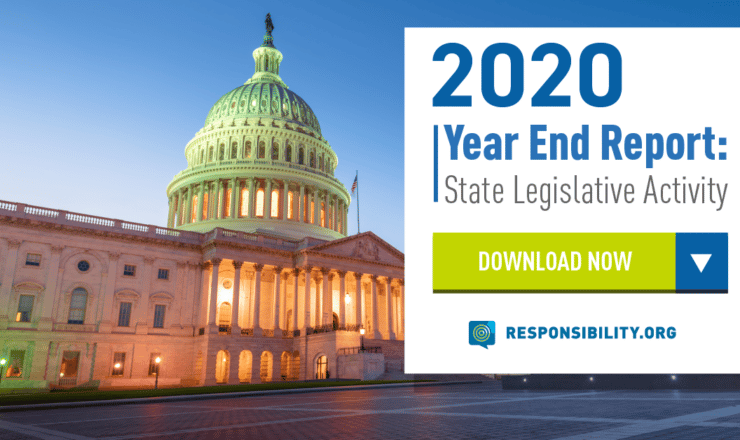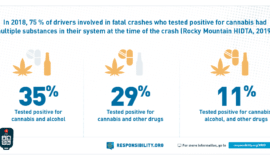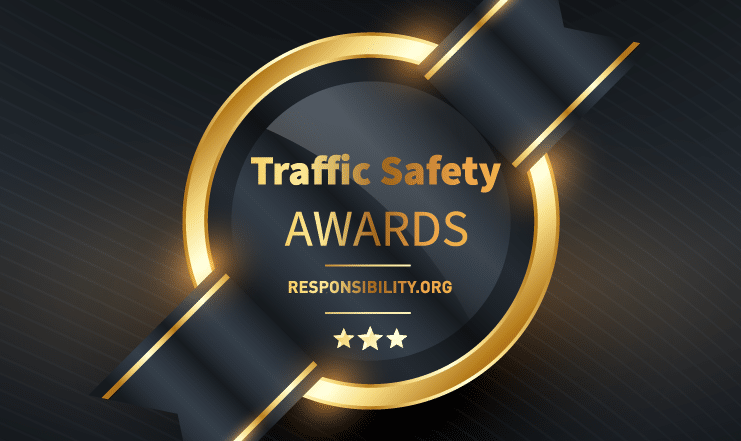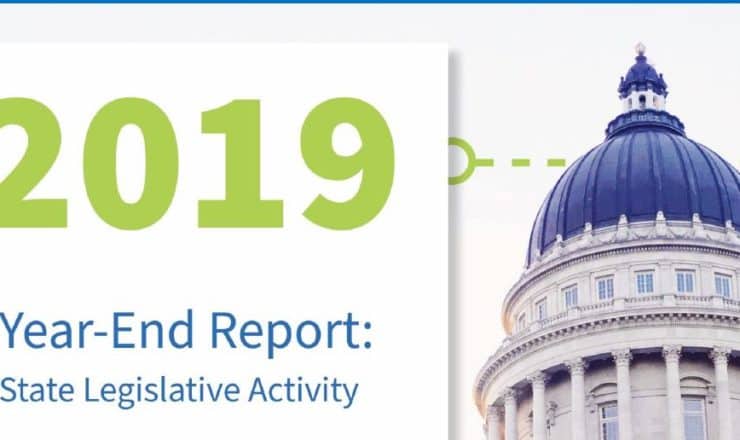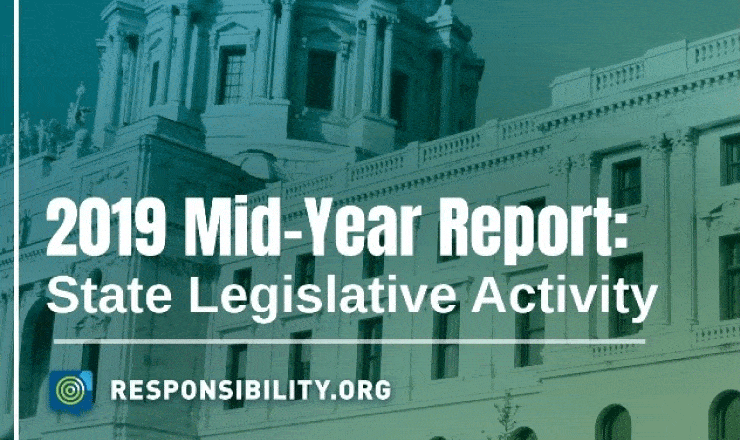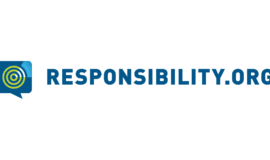2017 Legislative Wrap-Up
In 2017, Responsibility.org supported legislation in 47 states. In all, 57 bills passed into law in 27 different states. Our legislative report shows you:
- Where the legislation passed
- What kind of laws are taking effect
- When they take place
- What the new laws do
We have also updated our chart of state laws to reflect the changes. Some highlights include:
California’s new law takes effect on January 1 and will prohibit drivers and passengers from smoking or ingesting marijuana and marijuana products while driving. This is already in place to prohibit open containers of alcohol in vehicles. It is punishable as a traffic infraction.
Colorado passed two important anti-impaired driving bills this year that became effective on November 9. The first one will allow judges to order felony driving under the influence (DUI) offenders into an alternative sentencing program, such as DWI courts. This approach has been extremely effective in reducing DUI among repeat offenders. The State of Colorado is also screening and assessing all felony DUI offenders for substance use and mental health disorders to improve treatment protocols. The second new law requires an annual report on alcohol and drug-impaired driving data which is funded by a $10 surcharge on offenders. This law could serve as a model for other states to follow as drug-impaired driving increases and many states are struggling to collect and analyze the data on these arrests and crashes.
Louisiana’s new law will expand DWI court as an option for fourth time DUI offenders. It will include long term probation, court monitoring and treatment which has been proven to significantly change behavior among repeat DUI offenders. This law took effect on November 1.
Montana eliminated the option for DUI offenders to take a chemical dependency education course and instead will require assessment for all DUI offenders (and when needed, treatment). The law also allows DUI offenders who are on their 4th or subsequent offenses to participate in a DWI court program which combines offender assessment and treatment as well as offender monitoring over a long period of time. This is an evidence-based approach that has effectively changed behaviors and resulted in long term recidivism. The law took effect on July 1.
Nevada passed a law requiring all convicted DUI offenders to install an ignition interlock as a condition of obtaining a restricted license. It will take effect October 1, 2018.
Virginia passed a new law allowing the court to give weight to the Virginia Alcohol Safety Action Program’s recommendations with respect to an offender’s risk level/threat to public safety. This is an evidence-based approach that holds promise for preventing repeat DUI offenses. The law took effect on July 1.
Washington passed a new law that makes it a felony to have 4 DUI convictions (currently a person must have 5 DUIs before reaching a felony offense). This law took effect on July 1 and was the result of many years of work from Senator Padden and other state legislators.
Finally, many states worked to legislatively address the U.S. Supreme Court’s 2016 decision warrantless blood searches this year and six states (Arkansas, Minnesota, North Dakota, South Dakota, Tennessee, and Virginia) modified their existing implied consent laws to require a warrant based on probable cause for DUI in order to seek a blood test. Responsibility.org will be launching a new program in 2017 to help law enforcement officers effectively and efficiently establish electronic warrant systems.



